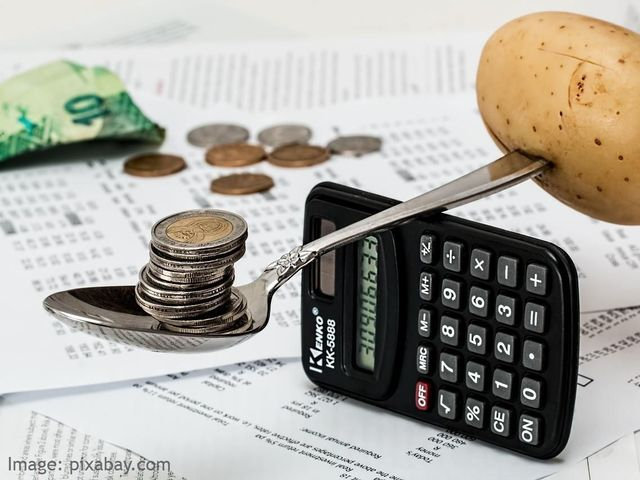Inflation rate at alarming levels
The annual inflation rate in Romania has again exceeded 15%.
Warning: Trying to access array offset on null in /home/web/rri.ro/public/wp-content/themes/rri/template-parts/content.php on line 53

Warning: Trying to access array offset on null in /home/web/rri.ro/public/wp-content/themes/rri/template-parts/content.php on line 98
Roxana Vasile,
13.09.2022, 14:00
Romanians have a hard time dealing with the continuous price hikes, given that their revenues, either salaries or pensions, have stagnated or have been indexed to values smaller than the inflation rate. According to a Romanian Central Bank report a month ago, inflation had intensified its growth pace from April to June and exceeded 15%, due to shocks generated by the huge price of energy and fuels and the rise in the price of food products. The Banks forecast for the end of the year is 14%.
At the moment, however, people struggle to cover their growing expenses. Romania is, alongside Bulgaria, the country with the lowest living standards in the EU, the gap between revenues and expenses being huge, unlike in other countries, such as the Western ones. According to the National Institute of Statistics, the annual inflation rate in Romania has been again on an upward trend as of this August, reaching 15.35% after a slight decrease of below 15% in July. At the same time, prices have continued to go up, but at a slower pace. In the month of August, prices were by 0.6% higher than in July, while the price of food products were by over 18% higher than in the same period of last year. At the same time, the price of non-food products were by almost 16% higher and that of services by 8% higher than in 2021. However, the most significant price rise as against last summer was reported in natural gas – 70%, potatoes – 54% and edible oil – 50%.
As far as salaries are concerned, the net average salary went down by 0.1% to 3,975 lei, the equivalent of almost 800 euros. The IT sector reported the highest average salaries while the hospitality sector was at the opposite end, with the smallest average salaries. The monthly average pension of the 5 million Romanian pensioners stood at 1,851 lei, that is around 370 euros.
The reality of these figures leaves financial analysts little room for optimism. The Central Bank forecasts a stagnation of inflation for Q3 of this year, followed by a period of decrease. Its only in Q3 of next year that inflation is expected to go down below a two-digit figure, and to stand at 7.5% at the end of 2023. Meanwhile, the political class in Bucharest say they are trying to find solutions to protect vulnerable people. From the opposition, USR have criticised the ruling coalition for the lack of measures and have voiced disappointment at the Governments lack of reaction, in spite of having been in power themselves, in 2020-2021. (EE)






























